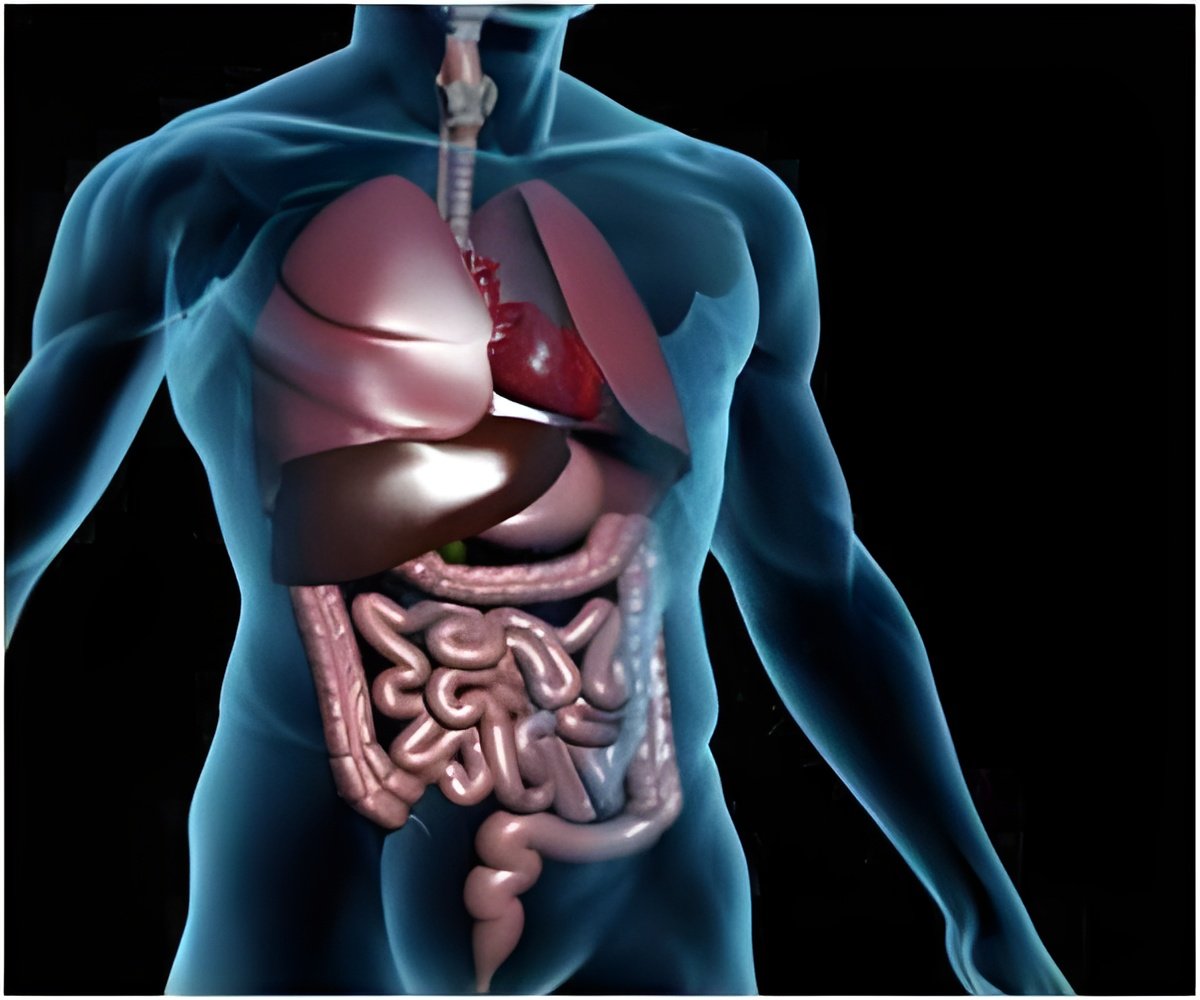A pathway that may contribute to the symptoms related to Crohn's disease and ulcerative colitis has been identified by researchers

The digestive process is complex. To coordinate the many functions involved in digestion, the gut has its own set of nerve cells (neurons), often called the "second brain". Crohn's disease is characterized by inflammation in the gut, leading to damage or death of millions of these neurons lining the gastrointestinal tract. As a consequence, patients are left with a host of debilitating symptoms including abdominal pain and numerous disruptive digestive conditions. Using translatable animal models, these new research findings have identified "pannexins" as molecules that mediate gut neuron death and, as such, may allow for the development of new treatments to prevent it.
"Our work identifies a critical mechanism of neuron death in intestinal inflammation that appears relevant to IBD," says Brian Gulbransen, PhD, the study's lead author and a postdoctoral fellow at the University of Calgary's HBI. "We used animal models of intestinal inflammation to show that blocking the "pannexins" was able to prevent gut neuron death. Interestingly, we found the "pannexins" involved in the death of mouse gut neurons are also present in human gut neurons."
Canada has one of the highest incidences of IBD in the world and it affects over 200,000 Canadians. Previously, researchers could not identify the cause of gut neuron death, and therefore no therapeutic strategies exist to prevent it. Current IBD treatment options are limited to controlling inflammation, which frequently leaves patients to still suffer with chronic gut dysfunction. "Although our research will not cure IBD, these findings could lead to developing therapeutics for the debilitating symptoms in those who suffer from Crohn's disease," says Keith Sharkey PhD, the senior author of the paper, the Crohn's & Colitis Foundation of Canada Chair in IBD Research, and member of the Snyder Institute and Deputy Director of the HBI, at the University of Calgary.
This study is published in the April print edition of the prestigious journal Nature Medicine (available online March 19th).
Advertisement









